A trader is a person, firm, or entity in finance who buys and sells financial instruments, such as forex, cryptocurrencies, stocks, bonds, commodities, derivatives, and mutual funds in the capacity of agent, hedger, arbitrager, or speculator.[1]
Duties and types
The word "trader" appeared as early as 1863 in a universal dictionary as "trading man."[2] Traders work for financial institutions as foreign exchange or securities dealers in the cash market and in the futures market, or for their own account as proprietary traders.[3] They also include stock exchange traders, but not stockbrokers or lead brokers.
Traders buy and sell financial instruments traded in the stock markets, derivatives markets and commodity markets, comprising the stock exchanges, derivatives exchanges, and the commodities exchanges. Several categories and designations for diverse kinds of traders are found in finance, including:
- Bond trader.
- Floor trader.
- Hedge fund trader.
- High-frequency trader.
- Market maker.
- Pattern day trader.
- Principal trader.
- Proprietary trader.
- Rogue trader.
- Scalper.
- Stock trader.
Income

According to The Wall Street Journal in 2004, a managing director convertible bond trader was earning between $700,000 and $900,000 on average.[4]
See also
- Commodities exchange
- Commodity market
- Derivatives market
- Financial risk management § Investment management
- List of commodity traders
- List of trading losses
- Mismarking
- Stock exchange
- Stock market
- Trading strategy
References
- ^ "Trader definition". Archived from the original on Jun 28, 2023.
- ^ Verlagsbuchhandlung Pierer (Hrsg.), Pierer's Universal Lexikon der Vergangenheit und Gegenwart, Band 17, 1863, S. 740
- ^ Ulrich Becker, Lexikon Terminhandel: Finanz- und Rohstoff-Futures, 1994, S. 612 f.
- ^ Street's Weather: Bonus Showers - WSJ.com
External links
 Trading at Wikibooks
Trading at Wikibooks
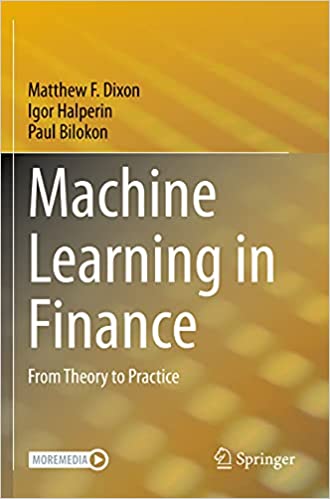
Machine Learning in Finance: From Theory to Practice:
Matthew F. Dixon, Igor Halperin, Paul Bilokon -
This book introduces machine learning methods in finance. It presents a unified treatment of machine learning and various statistical and computational disciplines in quantitative finance.
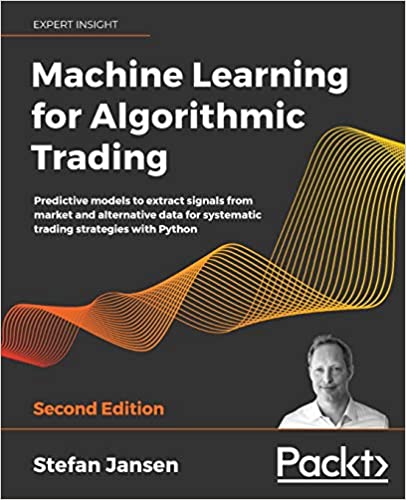
Machine Learning for Algorithmic Trading:
Predictive models to extract signals from market and alternative data for systematic trading strategies with Python, 2nd Edition
Stefan Jansen -
Leverage machine learning to design and back-test automated trading strategies for real-world markets using pandas, TA-Lib, scikit-learn, LightGBM, SpaCy, Gensim, TensorFlow 2, Zipline, backtrader, Alphalens, and pyfolio.
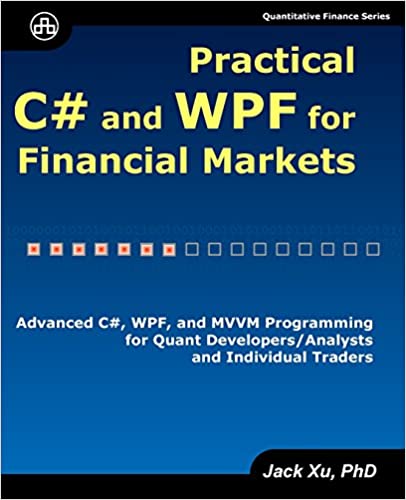
Practical C# and WPF for Financial Markets:
Advanced C#, WPF, and MVVM Programming for Quant Developers/Analysts and Individual Traders
Jack Xu -
Practical C# and WPF for Financial Markets provides a complete explanation of .NET programming in quantitative finance.
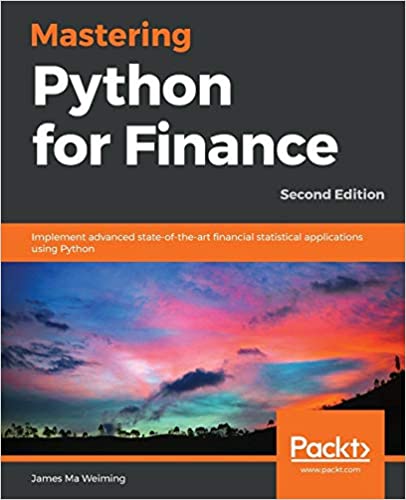
Mastering Python for Finance:
Implement advanced state-of-the-art financial statistical applications using Python, 2nd Edition
James Ma Weiming -
Explore advanced financial models, build state-of-the-art infrastructure, empower your financial applications.
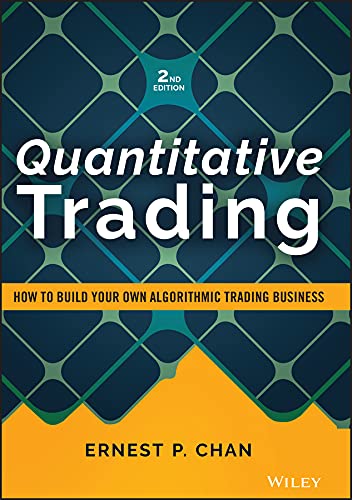
Quantitative Trading – 2nd Ed.:
How to Build Your Own Algorithmic Trading Business
- Ernest P. Chan
In this newly revised Second Edition, quant trading expert Dr. Ernest P. Chan shows you how to apply both time-tested and novel quantitative trading strategies to develop or improve your own trading firm.
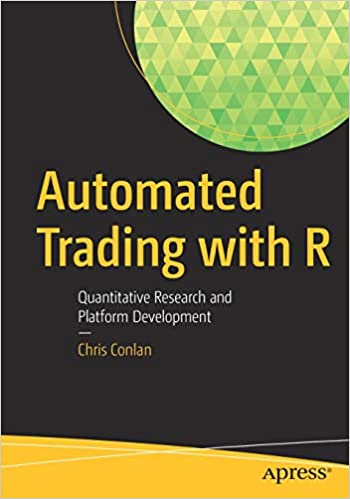
Automated Trading with R:
Quantitative Research and Platform Development
Chris Conlan -
Automated Trading with R explains automated trading, starting with its mathematics and moving to its computation and execution.
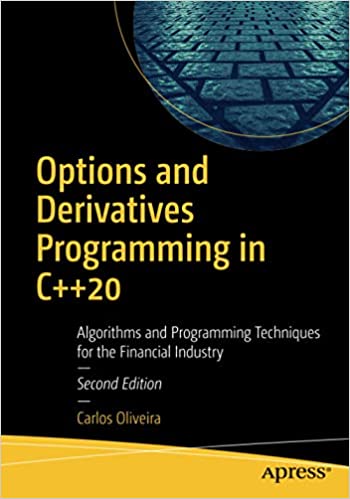
Options and Derivatives Programming in C++20:
Algorithms and Programming Techniques for the Financial Industry
Carlos Oliveira -
Master the features of C++ that are frequently used to write financial software for options and derivatives, including the STL, templates, functional programming, and numerical libraries.
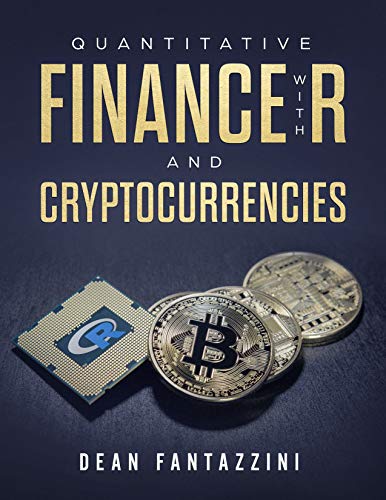
Quantitative finance with R and cryptocurrencies:
Dean Fantazzini -
The aim of this book is to provide the necessary background to analyse cryptocurrencies markets and prices using quantitative techniques.

